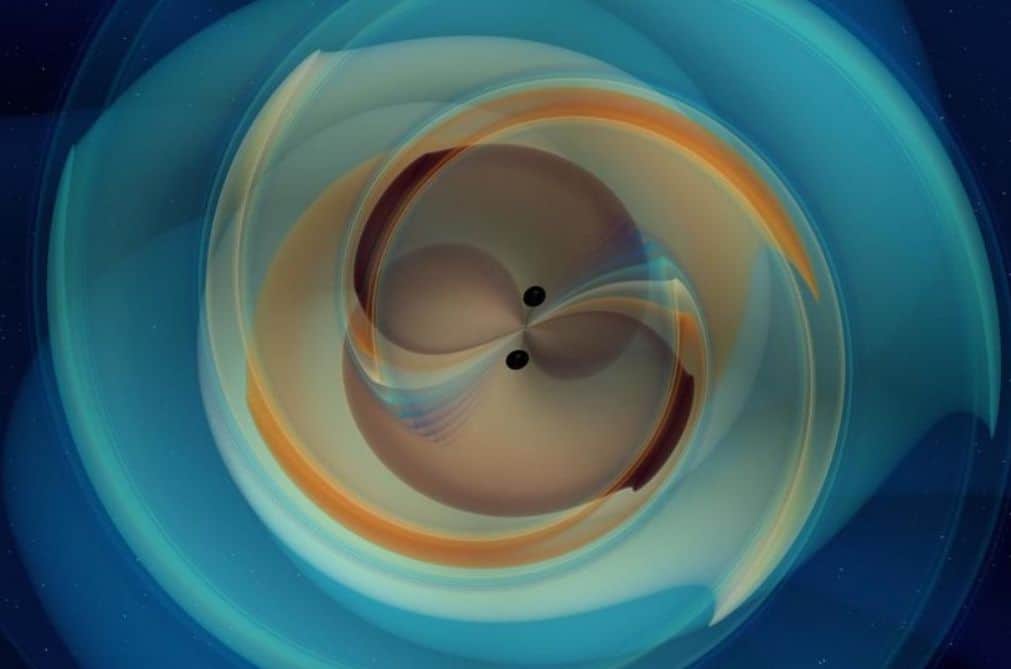It happened 7,000 million years ago, but the news of that “just” reached us: A black hole about 66 times more massive than our Sun and another, a little bigger, with about 85 times bigger than our star began to approach, spinning rapidly around each other several times per second, until colliding violently making the entire Universe resonate. It was the most massive collision we had ever seen, but not only that.
Because this enormous chaotic fusion has also allowed us to observe the birth of one of the most elusive objects in the Universe: a black hole of intermediate-mass. Something we suspected existed, but that scientists had been able to find.
A new kind of black hole
Until now, astrophysicists had only been able to study two types of black holes: stellar ones, which were between five and 100 times more massive than our sun, and supermassive ones, which lived in the center of galaxies and were billions of times larger.
As I was saying, astronomers were convinced there had to be something in between, but so far they had been very elusive. On May 21, 2019, LIGO and Virgo received a gravitational wave that lasted just over a tenth of a second. By pulling the thread they have been able to identify one of them ( + ). It is a truly exciting discovery because it fills in one of the gaps that astrophysics were unable to close.
Results published Wednesday in Physical Review Letters and Astrophysical Journal Letters.
